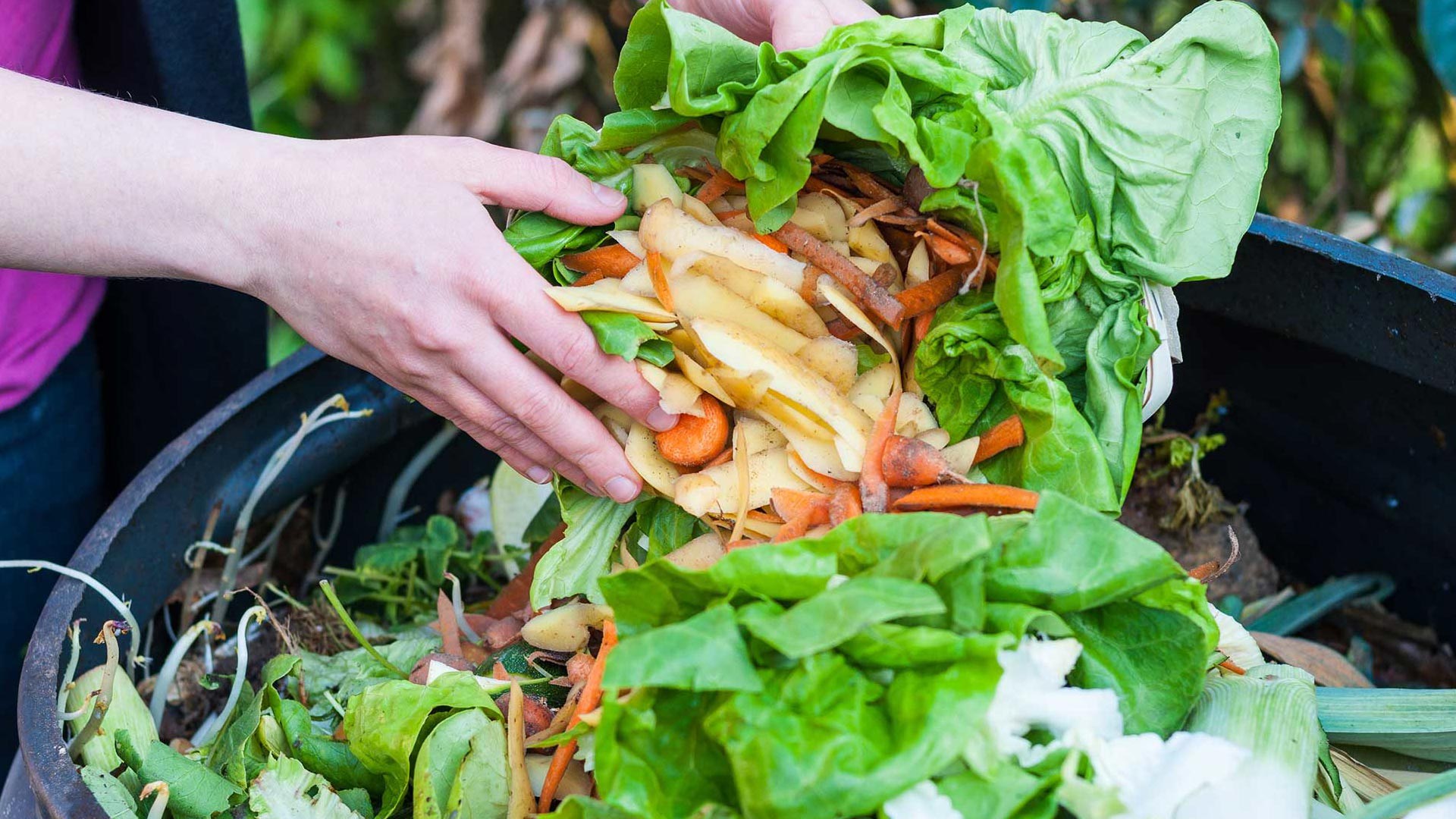Verònica Martínez | Fundació ENT
The last report from the Ellen MacArthur Foundation on Urban Biocycles [1] highlighted the opportunities of a bioeconomy based on the energy, nutrients and materials embedded in the biowaste of cities (i.e. organic fraction of municipal solid waste streams and wastewater in urban environments). However, to exploit such opportunities key aspects should be changed in the whole life-cycle of biowaste, from the production of agricultural products until their final treatment/disposal.
First of all, there is a need to move from a linear production-consumption-disposal flow towards a circular one in which organic matter and nutrients are fed back into the land to keep their circles alive. Nutrients are currently extracted (in the form of agricultural products) to be transported long distances from their sources where they are processed, consumed and disposed of. This one-way linear flow of nutrients causes scarcity in the soil (reducing its capacity to support growth) and excess on water bodies (causing eutrophication). This imbalance is often addressed with intensive agricultural practices (based on non-renewable mineral fertilizers and pesticides) that in the long-run can exacerbate both problems.
In order to put bio-based nutrients and organic matter back into the land, without high costs of transportation both in economic and environmental terms, distances between production-consumption-recovery units should be reduced. This could be achieved with the decentralization of productions as well as recovery facilities coming closer to the consumer. By moving from large centralized production/recovery units towards smaller decentralized ones, these units which are critical for nutrient cycles would become more flexible and adaptable to local changes contributing to more resilient urban areas.
Such proximity between nutrients (and organic matter) harvesting, consumption, recovery and return back to the land could increase awareness/knowledge about the usefulness of the biowaste thrown away every day in our kitchens. Changing the perception of biowaste from a burden towards a valuable resource could enhance the biowaste sorting activities carried out by households and commercial activities, a key aspect in improving nutrient and organic matter cycles in cities.
During the next three and a half years, the multidisciplinary consortium of the DECISIVE Project [2] will address the abovementioned and other aspects in order to render decentralised bio-waste management schemes possible and viable for implementation. The main outcomes of the project will be:
- Novel, eco-designed and marketable technologies including a micro-scale anaerobic digestion treatment process and a solid-state fermentation process to treat the digestate produced by the anaerobic digestion plants and provide valuable bio-based products such as biopesticides.
- A decision support tool dedicated to local authorities and environmental service companies, and comprising of a holistic method for assessing the life-cycle sustainability of biowaste management options for specific urban areas.


